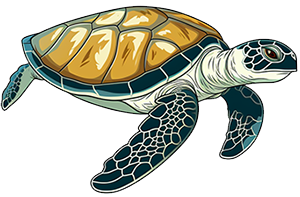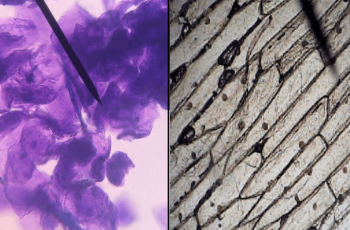Search results for: “biologycorner.com”
-

Claim, Evidence, Reasoning (CER) Science Topics
A list of topics and articles for students to use to practice claim, evidence, and reasoning.
-
Macromolecules: Sketchnotes
In the past, I’ve had students create concept maps to help them organize the four macromolecules and related details. This year, I modified the assignment to try to encourage the use of sketching to help students remember the details. Students were asked to focus on one of the four macromolecules: lipids, carbohydrates, nucleic acids, or…
-
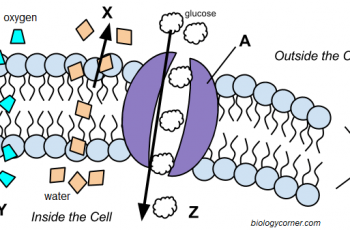
Cell Membrane and Transport
This reinforcement worksheet displays a graphic of the cell membrane showing the phospholipid bilayer and embedded proteins. Students identify structures within the bilayer and use reasoning to determine how molecules are moving across the membrane in response to a hypertonic solution. Worksheet was designed for freshman level biology classes who are studying osmosis and…
-
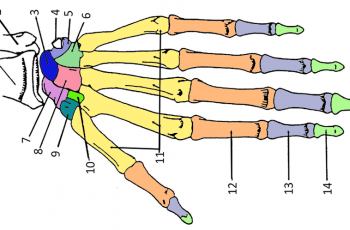
Explore Anatomy – Color the Bones of the Hand
Learning anatomy can feel daunting, but there are plenty of ways to make it more engaging and interactive. One great way to help students understand the structure of the human hand is through a hands-on (pun intended!) coloring exercise. By coloring the bones of the hand, students can reinforce their understanding of how these structures…
-
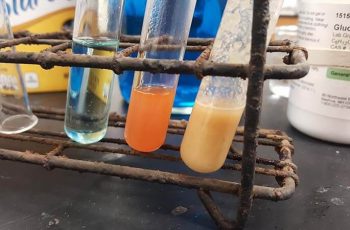
McMush Lab
I designed this investigation for AP biology though it could be modified to work with students in introductory biology classes. First students learn the four macromolecules important to life: carbohydrates, lipids, proteins, and nucleic acids. They can then venture into the lab where they use indicators to test for the presence of these molecules in…
-
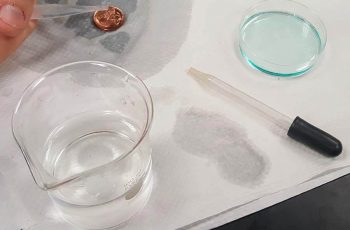
Investigation: Properties of Water (with Stats)
This investigation asks students to review the properties of water as they relate to life, usually a topic covered in the first or second chapter of most biology textbooks. Students then perform an experiment where they test the number of drops that can be placed on penny and compare that test to drops that…
-
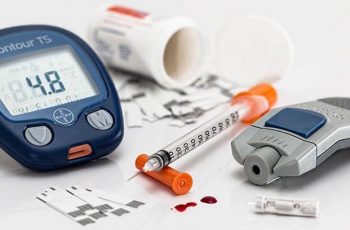
Case Study: Can a Virus Cause Diabetes?
This case asks students to examine data on children diagnosed with Type 1 Diabetes after reading a short story about a young girl who was losing weight and feeling thirsty. The content looks at a possible connection between diabetes and infection by the coxsackie virus, a virus that is responsible for “hand, foot, and mouth”…
-
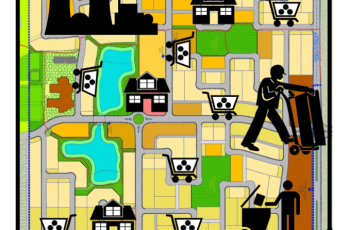
Cell City
This popular activity asks students to read a story about a fictional town where each part of the city is compared to the parts of a cell. For example: “Widgets are generally produced in small shops around the city, these small shops can be built by the carpenter’s union (whose headquarters are in town hall.)” In this…
-
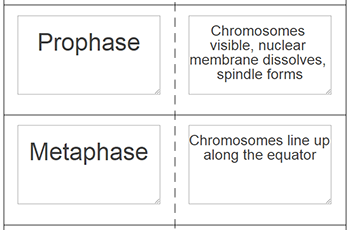
Flashcard Creators and Templates
If you teach a class that requires students to memorize information, then you have probably worked with students on developing strategies for memorization. I often tell my anatomy students that they might forget some of the details of what they have learned, but study strategies will stay with them through college. I could get…
-
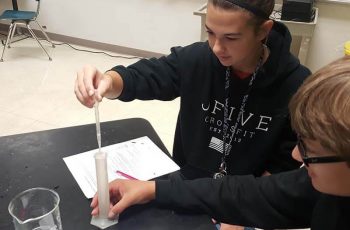
Investigation: Tools and Measurements
I designed this activity to help students become familiar with basic equipment found in the lab. Students take volume measurements using a graduated cylinder, beaker, and a 3ml pipette. Ultimately, they must determine how many single drops of water are in 1 milliliter by designing a way to test this given the tools provided.…
-
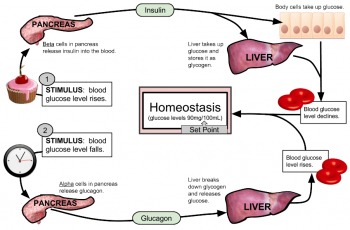
Feedback Loops: Insulin and Glucagon
The Next Generation Science Standards includes feedback loops and homeostasis as a standard for life science. While homeostasis is a theme for many units in biology, feedback mechanisms are fairly specific. In fact, this is probably the most oddly specific topic found in NGSS. If you are trying to include it, most younger students…
-
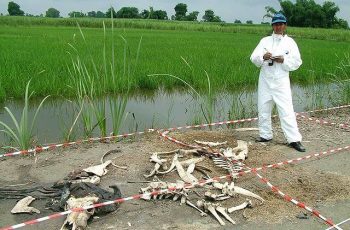
Article: The Body Farm
This article has been adapted to model standardized test questions students, where the article is divided into columns and each paragraph is labeled with a number. Students are required to find information in the text and analyze text structures. Readers are asked to used context clues to understand difficult vocabulary. Students must also make…
-
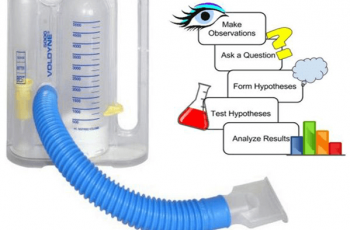
Investigation: Processes of Science
Students must develop their own causal question about what biological factors affect a person’s lung capacity, Then test their hypothesis using a respirometer.
-
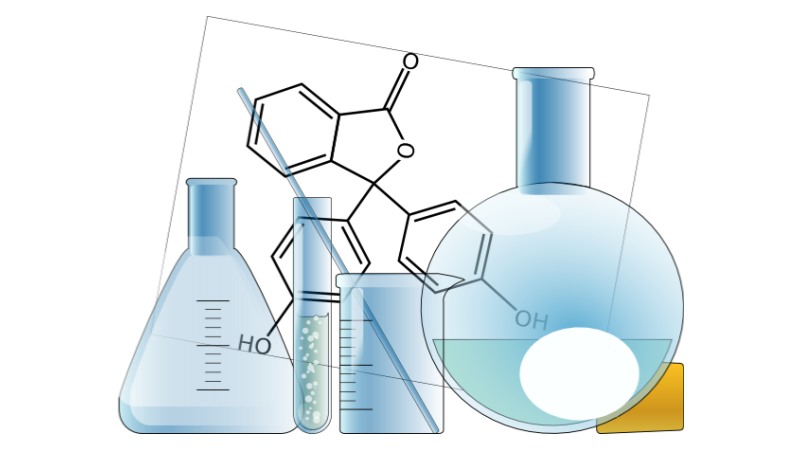
Lab Report Guidelines and Template
Help students organize a lab report for any experiment, includes basic layout: title, introduction, hypothesis, materials and methods, data, and conclusions.
